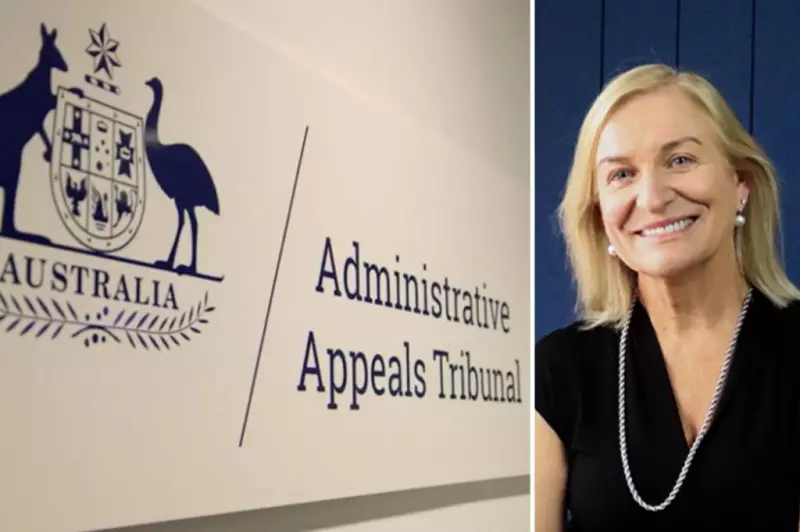
The National Disability Insurance Scheme (NDIS) was founded on a powerful promise: to provide inclusion, dignity, and empowerment for Australians with disability. Yet, for one South Australian family, realising that promise required a gruelling legal battle to secure essential funding for their nine-year-old child.
A Vision Compromised by Process
This case, which culminated in a hearing at the Administrative Review Tribunal, underscores a growing gap between the NDIS's founding principles and the lived experience of many families. The legal team from Legal Services SA acted for the family, successfully appealing the initial decision. Annmarie Lumsden, Chief Executive of Legal Services SA, argues that while the scheme was built on a noble vision, its delivery often lacks the essential human elements of compassion and direct connection.
The Human Cost of Systemic Hurdles
For families navigating the NDIS, the path to support is frequently marred by complexity and bureaucracy. The necessity to engage lawyers and proceed to a tribunal to access basic entitlements points to a system that can be adversarial, rather than supportive. This legal victory, while a relief for one family, raises a critical question: what happens to the countless others who lack the resources or resilience to fight such a battle?
The team of lawyers at Legal Services SA specialises in representing NDIS participants in these exact types of appeals, indicating that this is not an isolated incident. The core issue, as highlighted by Lumsden, is that agencies must rebuild trust through genuine human engagement.
Looking Forward: A Call for Compassionate Reform
The outcome for the South Australian child is a testament to the importance of legal advocacy. However, it also serves as a stark reminder that the system is failing in its primary mission for many. The original vision of the NDIS will only be fully realised when families are met with understanding and support from the outset, not after a protracted legal dispute. The case, finalised in November 2025, stands as a call to action for a more compassionate and connected approach to disability support in Australia.





